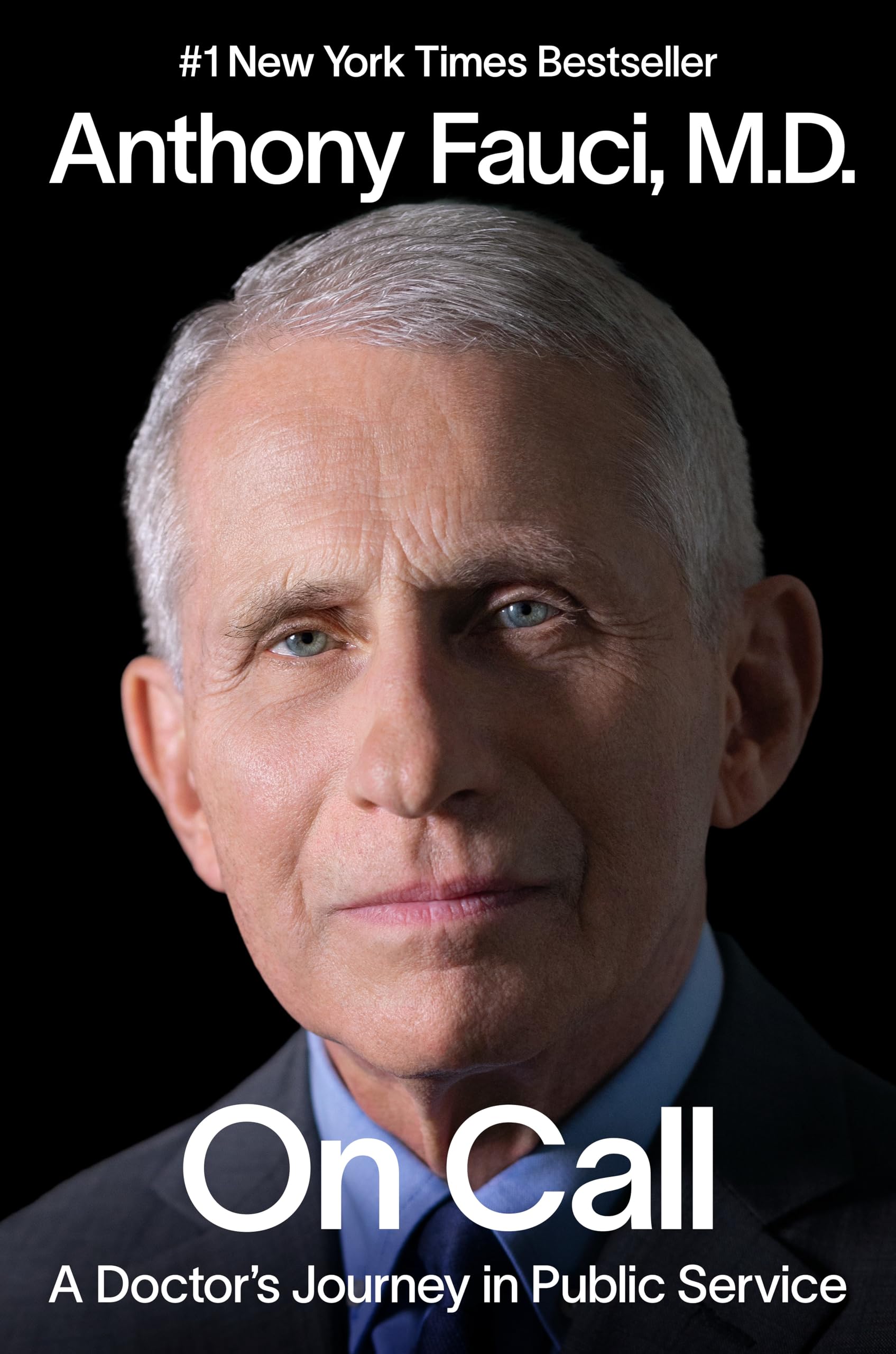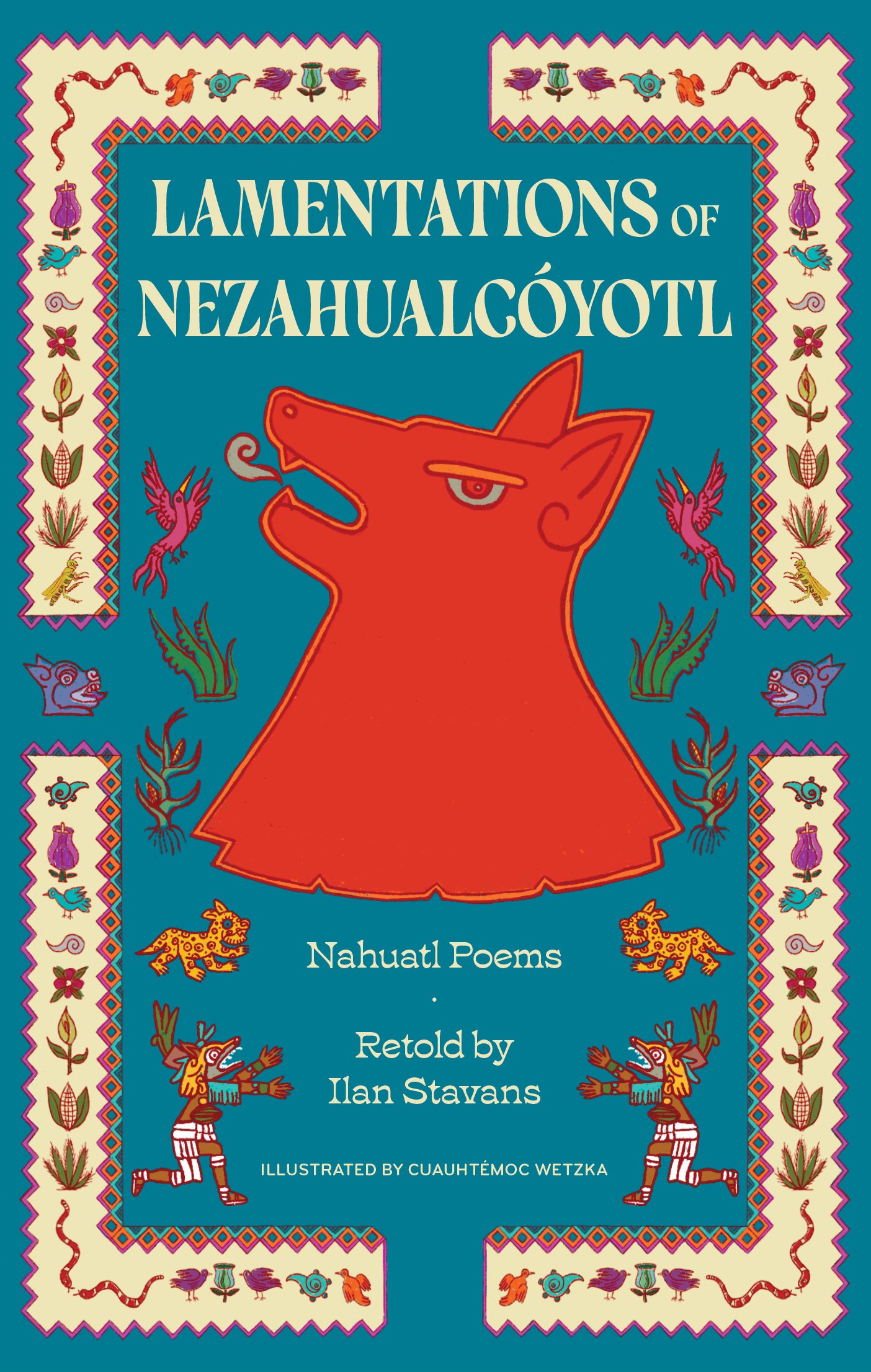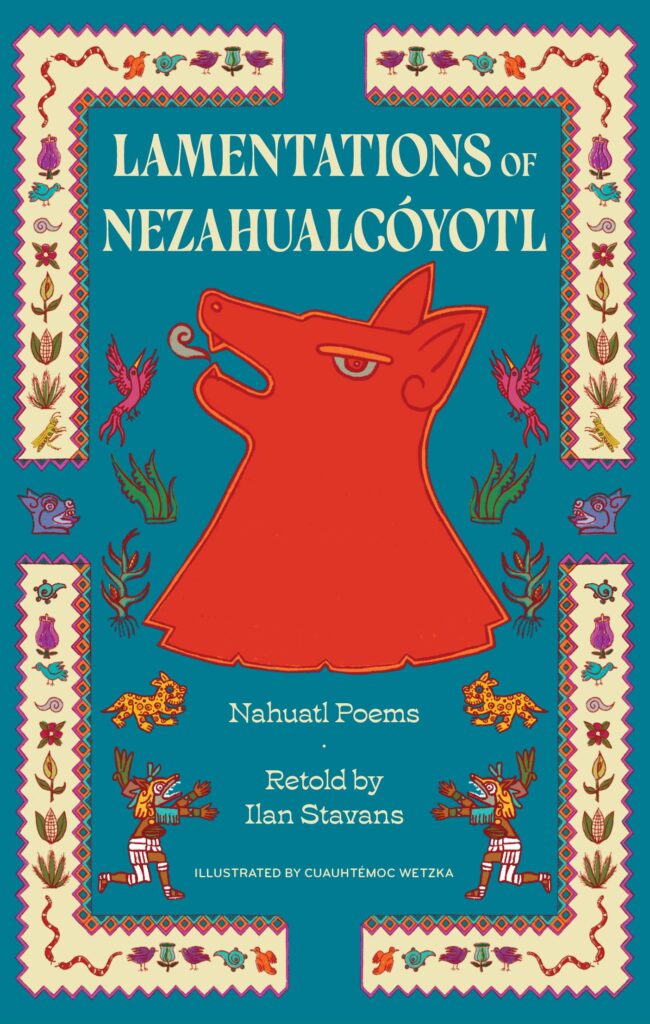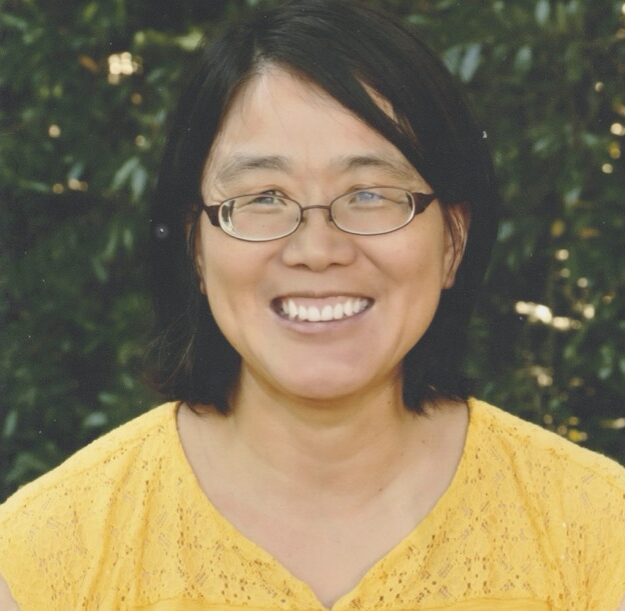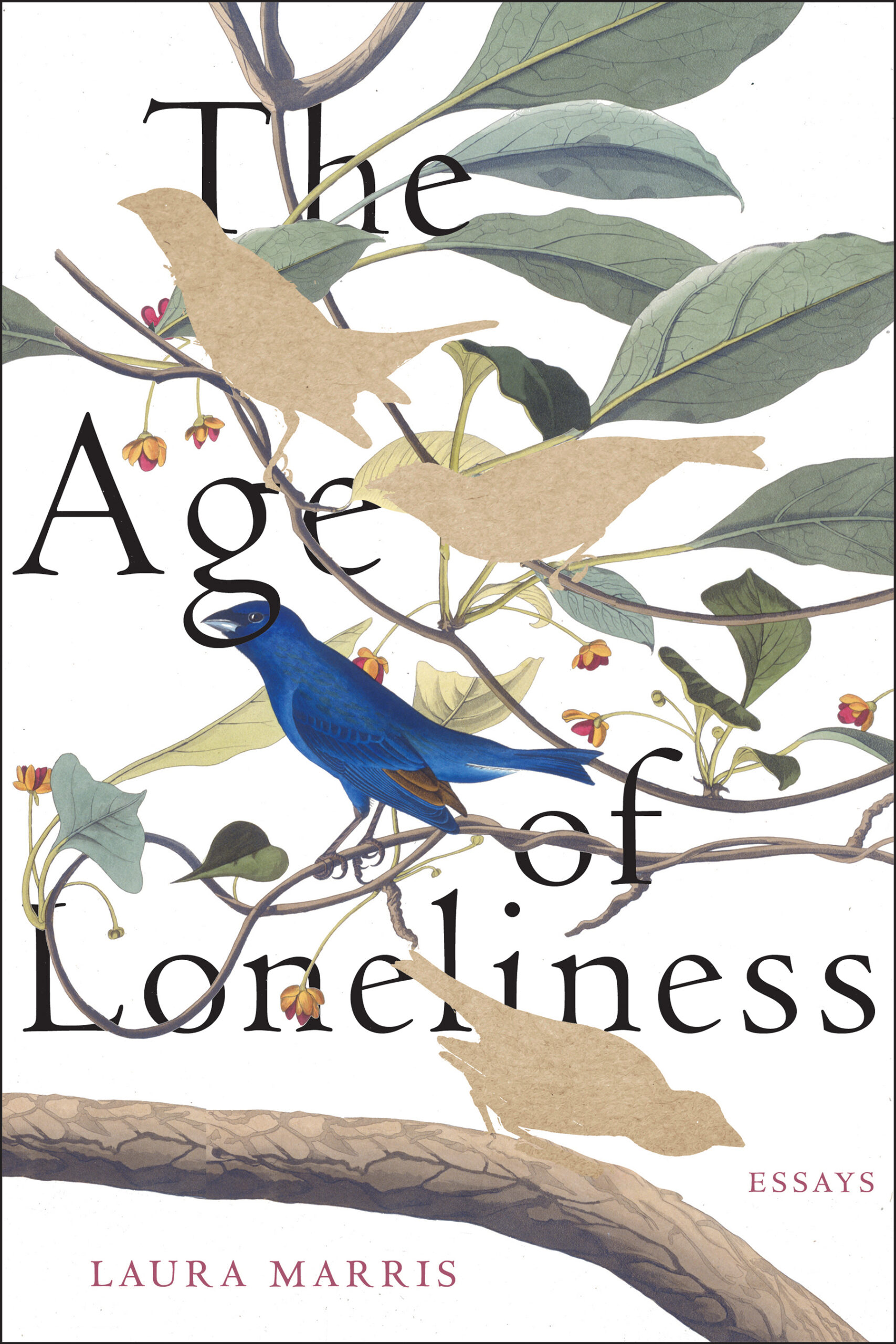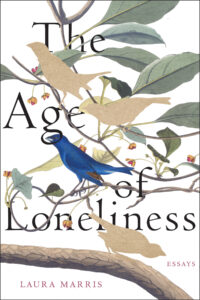By ISSA QUINCY
This piece is excerpted from Absence, out now from Granta (UK), and forthcoming from Two Dollar Radio (US) on July 15, 2025. 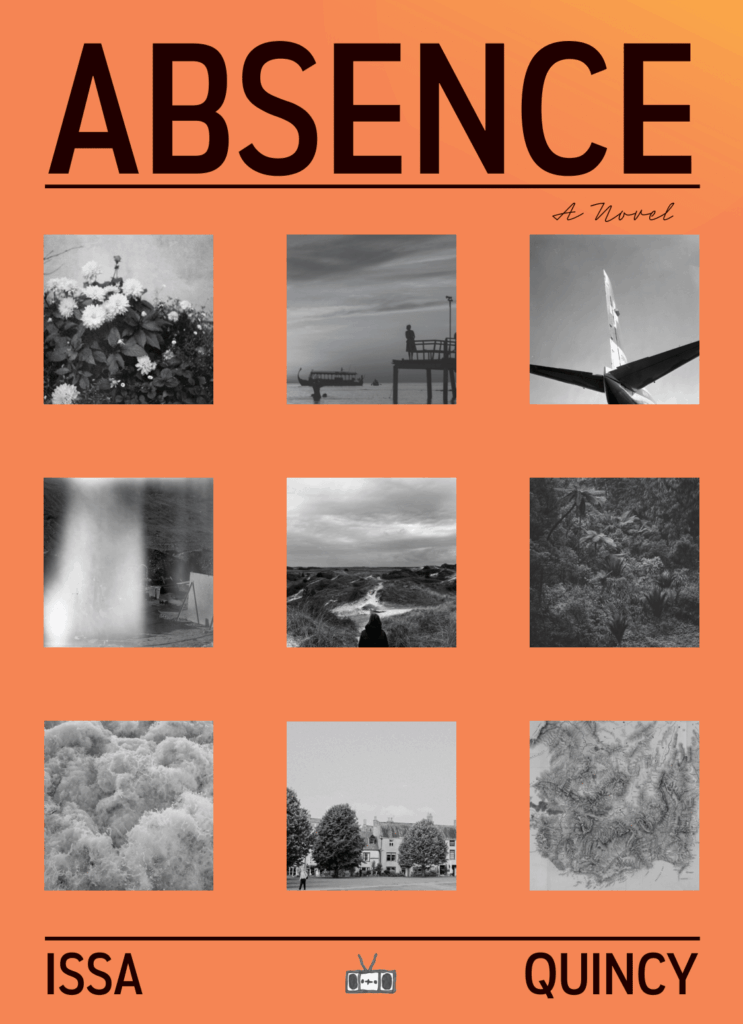
In the Rijksmuseum in Amsterdam, there is a painting by Hendrick Avercamp, the mute of Kampen, hung on a deadening grey felt and squeezed in amid other Dutch masters. One’s initial glance at the painting will see it reveal little more than a benign winter scene. However, when you look at Avercamp’s painting closely you begin to notice the close detailing of the variance of life. There in the painting exists death, pleasure, ecstasy, frivolity, poverty and secrecy, closely exacted alongside other states of being and non-being all perceived by Avercamp from a heightened position, a vantage point for an incorporeal observer; a drifting onlooker that watches and takes in the immediate while the rest of the yellow-grey land and sky disperse outwards into misty incomprehensibility. What is presented is the sight of the intangible spectator that sees what is in front of him, recognizes everything and curtails his judgement of anything.

